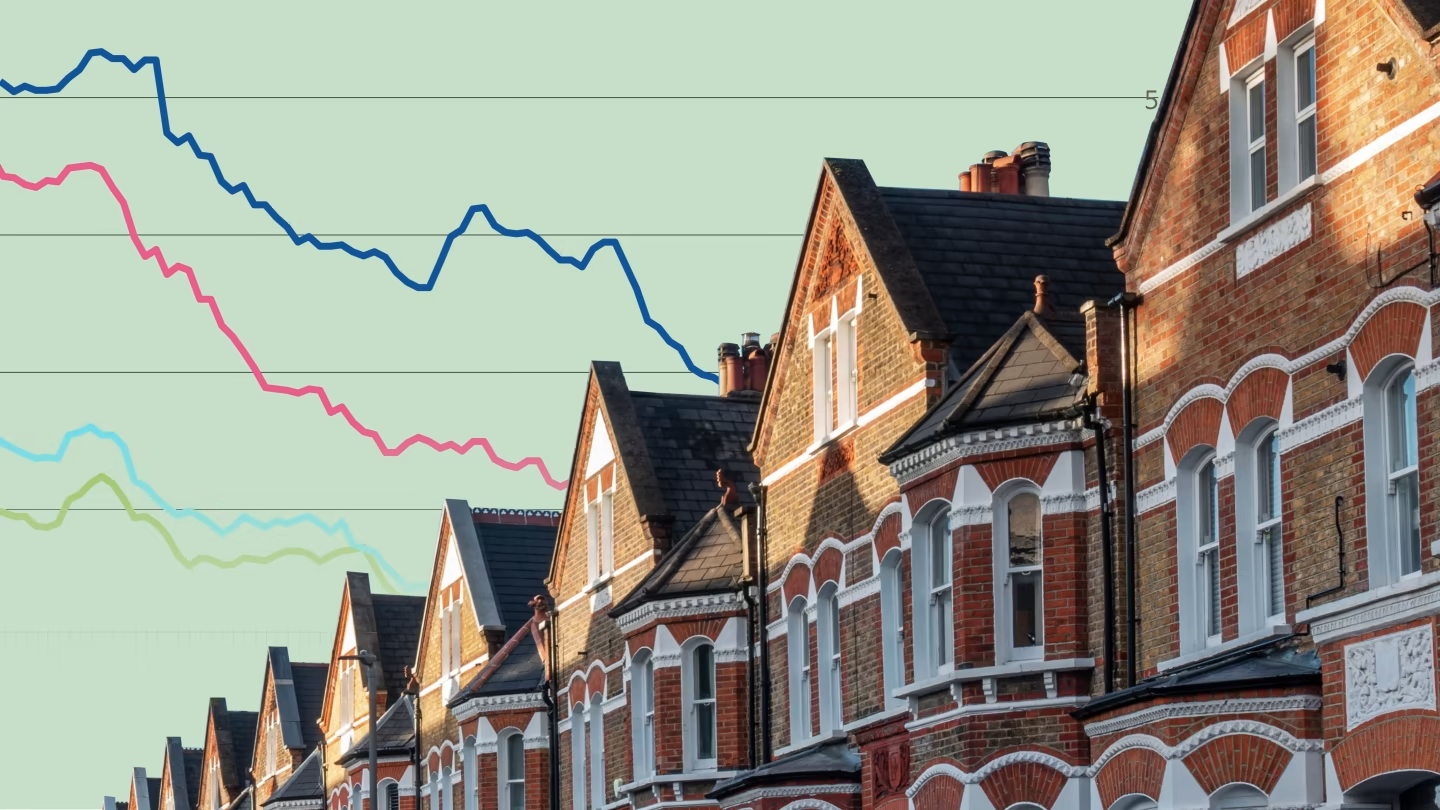South Africa stands out as having the most developed mortgage market in Africa, characterised by its robust infrastructure, diverse mortgage products, and high market activity. This article delves deeper into what makes South Africa’s mortgage market the leader on the continent and explores its impacts, challenges, and future prospects.
Market Size and Activity
South Africa’s mortgage market is the largest in Africa, with over 1.66 million residential mortgages recorded as of 2022. This high level of activity reflects a mature and sophisticated market where a significant portion of the population engages in mortgage financing to buy homes. ‘
The country’s well-established financial sector, strong legal framework, and comprehensive credit infrastructure have facilitated the growth and development of its mortgage market
Diverse Mortgage Products
The South African mortgage market offers a variety of products tailored to different needs and financial situations. These include fixed-rate mortgages, adjustable-rate mortgages (ARMs), and home equity loans. Fixed-rate mortgages provide borrowers with the security of consistent monthly payments, while ARMs offer lower initial rates that can adjust over time.
Home equity loans allow homeowners to borrow against the equity in their homes, providing a source of funds for renovations, education, or other major expenses. This diversity enables borrowers to select the best mortgage product for their specific needs and financial circumstances.
Regulatory Framework
A well-defined regulatory framework underpins South Africa’s mortgage market, ensuring transparency, consumer protection, and fair lending practices. Regulatory bodies such as the South African Reserve Bank (SARB) and the National Credit Regulator (NCR) play crucial roles in overseeing and regulating the market.
These institutions set and enforce guidelines that promote stability and trust within the mortgage sector. The implementation of the National Credit Act (NCA) in 2007 was a significant step in protecting consumers from unfair lending practices and excessive debt.
Major Players
South Africa’s mortgage market is dominated by several key financial institutions, including major banks and specialised mortgage lenders. Notable players include Standard Bank, First National Bank (FNB), Absa, and Nedbank. These institutions offer competitive mortgage rates and terms, contributing to the overall growth and stability of the market. They also provide various services and tools to help borrowers navigate the mortgage process, from pre-approval and credit assessment to property valuation and legal advice.
Economic Impact
The mortgage market plays a vital role in South Africa’s economy by facilitating homeownership and stimulating real estate development. The construction and sale of residential properties generate significant economic activity, including job creation in construction, real estate, and related industries. The ripple effects extend to sectors such as manufacturing, retail, and services, further boosting economic growth. Additionally, homeownership contributes to wealth creation and financial stability for individuals and families, enhancing their overall quality of life.
Challenges
Despite its advanced state, the South African mortgage market faces several challenges. Affordability remains a significant issue, with many potential homebuyers unable to qualify for mortgages due to high property prices and stringent lending criteria. Interest rates, while relatively stable, are subject to fluctuations that can impact affordability and borrowing costs. Moreover, economic factors such as unemployment, income inequality, and limited access to affordable housing options continue to pose challenges for the market.
Opportunities for Growth
There are several opportunities for growth and improvement in South Africa’s mortgage market. Enhancing financial literacy and education can empower more individuals to understand and access mortgage financing.
Expanding access to credit, particularly for low-income and underserved populations, can help address affordability issues and promote inclusive growth. Additionally, innovations in mortgage products and digital technology can streamline the mortgage process, reduce costs, and improve the overall customer experience.
South Africa’s mortgage market stands out as the most developed and sophisticated in Africa, offering valuable lessons for other countries looking to enhance their own mortgage markets
Source : African Property Magazine – Exclusive










